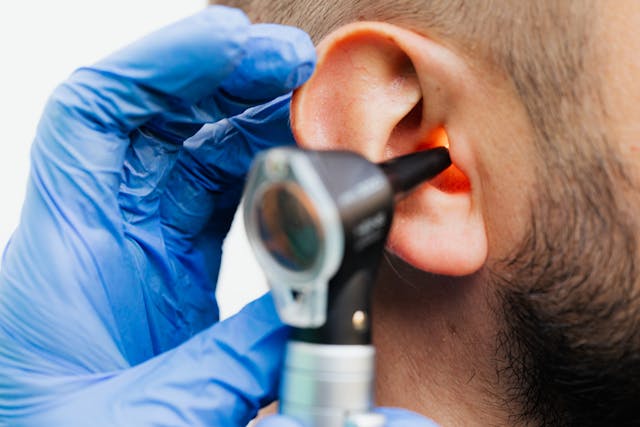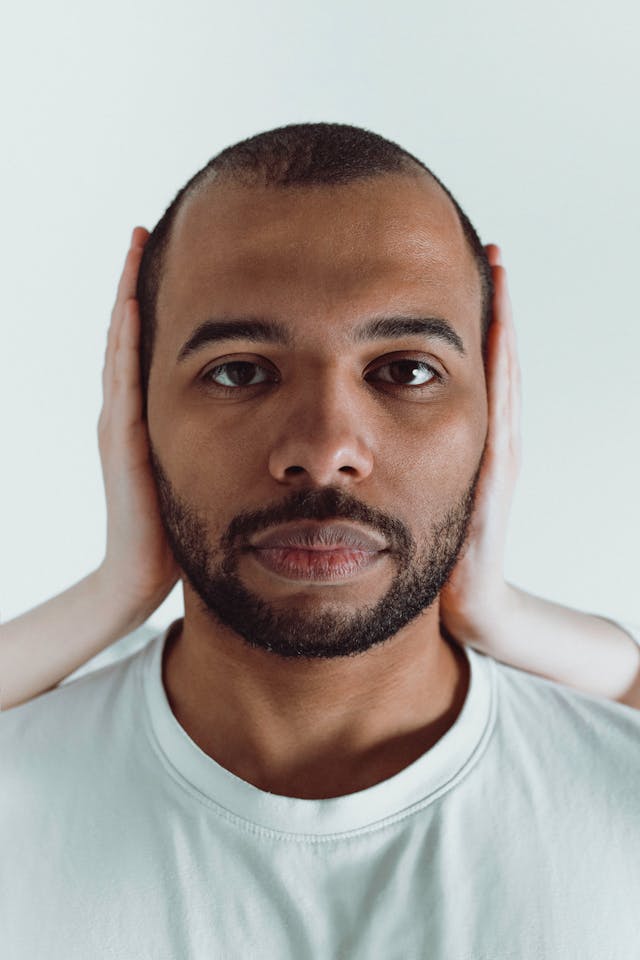Hearing loss is a common condition that affects millions of people of all ages around the world. While it can occur gradually over time or suddenly due to injury or illness, understanding the causes of hearing loss is essential for prevention, early diagnosis, and effective treatment. Whether you live in a quiet suburb or a bustling metropolis like New York City, being aware of what contributes to hearing loss can help you protect one of your most vital senses.

There are several types of hearing loss, including sensorineural, conductive, and mixed hearing loss. Each type can be caused by a wide range of factors, many of which are preventable. In this article, we’ll break down the most common causes of hearing loss and discuss when to seek the help of a specialist like Dr. Michael Burnett, a top ENT doctor in NYC.
Types of Hearing Loss
- Sensorineural Hearing Loss: The most common type, caused by damage to the inner ear (cochlea) or the auditory nerve. Often permanent, it affects the pathway from the inner ear to the brain.
- Conductive Hearing Loss: Caused by problems in the outer or middle ear that prevent sound from being conducted properly. This type of hearing loss is often treatable.
- Mixed Hearing Loss: A combination of sensorineural and conductive hearing loss, affecting multiple parts of the auditory system.
Common Causes of Hearing Loss
- Aging (Presbycusis)
One of the most common causes of hearing loss is aging. As people grow older, the tiny hair cells in the inner ear begin to break down, making it difficult to pick up high-frequency sounds. This natural deterioration often starts around age 60 but can occur earlier in some individuals.
- Noise Exposure
Prolonged exposure to loud noise, such as concerts, traffic, construction, or even headphones at high volumes, can damage the delicate structures in the inner ear. This type of hearing loss is often preventable with proper hearing protection.
- Ear Infections
Chronic ear infections, especially in children, can lead to temporary or permanent hearing damage. Infections in the middle ear can cause fluid buildup, which impairs sound conduction.
- Earwax Buildup
While it may seem minor, excessive earwax can block the ear canal and affect hearing. Fortunately, this is a reversible cause and can often be treated easily by an ENT specialist.
- Ototoxic Medications
Some medications can damage the inner ear and lead to hearing loss. These include certain antibiotics, chemotherapy drugs, and large doses of aspirin or diuretics. If you’re taking these medications, regular hearing checkups are crucial.
- Genetic Factors
Hearing loss can also be hereditary. If there’s a family history of hearing problems, you may be at greater risk. Genetic testing and early screening can help catch these issues before they worsen.
- Injuries and Trauma
Head injuries or trauma to the ear can damage auditory structures and lead to sudden hearing loss. Immediate medical attention is critical in such cases.
- Illnesses and Medical Conditions
Diseases such as Meniere’s disease, diabetes, high blood pressure, or autoimmune disorders can affect hearing. Viral infections such as measles, mumps, or meningitis are also known contributors.
When to See a Specialist
 You should consider seeing an ENT specialist if you experience any of the following:
You should consider seeing an ENT specialist if you experience any of the following:
- Sudden loss of hearing in one or both ears
- Difficulty understanding speech, especially in noisy environments
- Frequently increasing the volume on the TV or phone
- Ringing, buzzing, or other noises in your ears (tinnitus)
- Ear pain or pressure that doesn’t go away
Early intervention can make a significant difference in treatment outcomes. ENT specialists offer comprehensive diagnostic tools, including hearing tests and imaging, to identify the root cause of hearing loss and recommend the most effective treatment plan.
Protecting Your Hearing
Prevention is key. You can take several steps to protect your hearing:
- Use earplugs or noise-canceling headphones in loud environments.
- Keep the volume low when using earbuds or headphones.
- Have regular hearing checkups, especially if you’re at risk.
- Avoid inserting objects into your ears, including cotton swabs.
Contact Dr. Michael Burnett – NYC’s Trusted ENT Specialist
If you’re concerned about your hearing or experiencing symptoms of hearing loss, don’t wait. Contact Dr. Michael Burnett and the experienced team at Ear, Nose & Throat of New York for expert evaluation and treatment.
Ear, Nose & Throat of New York
Michael Burnett, MD
115 East 57th Street Suite 600
New York, NY 10022
212-867-4813
https://earnosethroatofnewyork.com/
Take the first step toward better hearing health. Call today to schedule your appointment.







 You should consider seeing an ENT specialist if you experience any of the following:
You should consider seeing an ENT specialist if you experience any of the following: